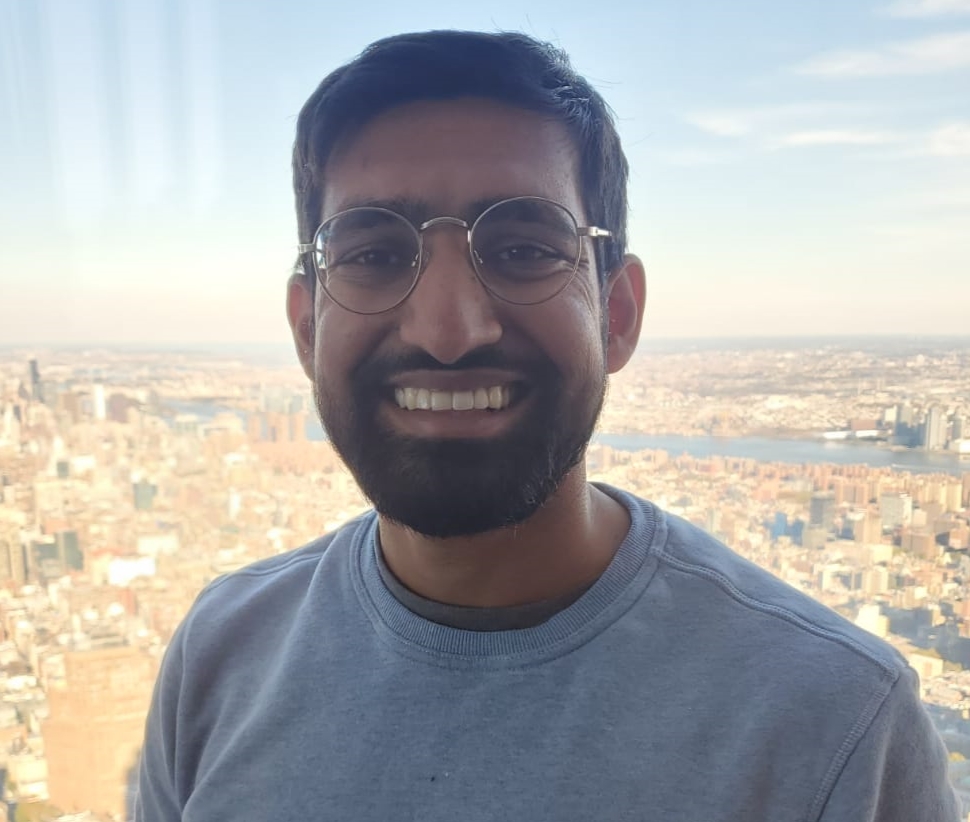Speakers




Sudeep Das is the Head of Machine Learning, New Business Verticals, at DoorDash, leading Consumer ML, and Product Knowledge Graph ML, and Fulfillment and Inventory ML teams within the New Verticals. He was previously a Machine Learning Leader at Netflix, where his main focus was on developing the next generation of machine learning algorithms to drive the personalization, discovery and search experience in the product. Sudeep has had more than twenty years of experience in machine learning applied to both large scale scientific problems, as well as in the industry. He is a frequent speaker at RecSys, SIGIR, ICML, ReWork, MLConf, Nordic Media Conference, and other machine learning conferences. He holds a PhD in Astrophysics from Princeton University.
